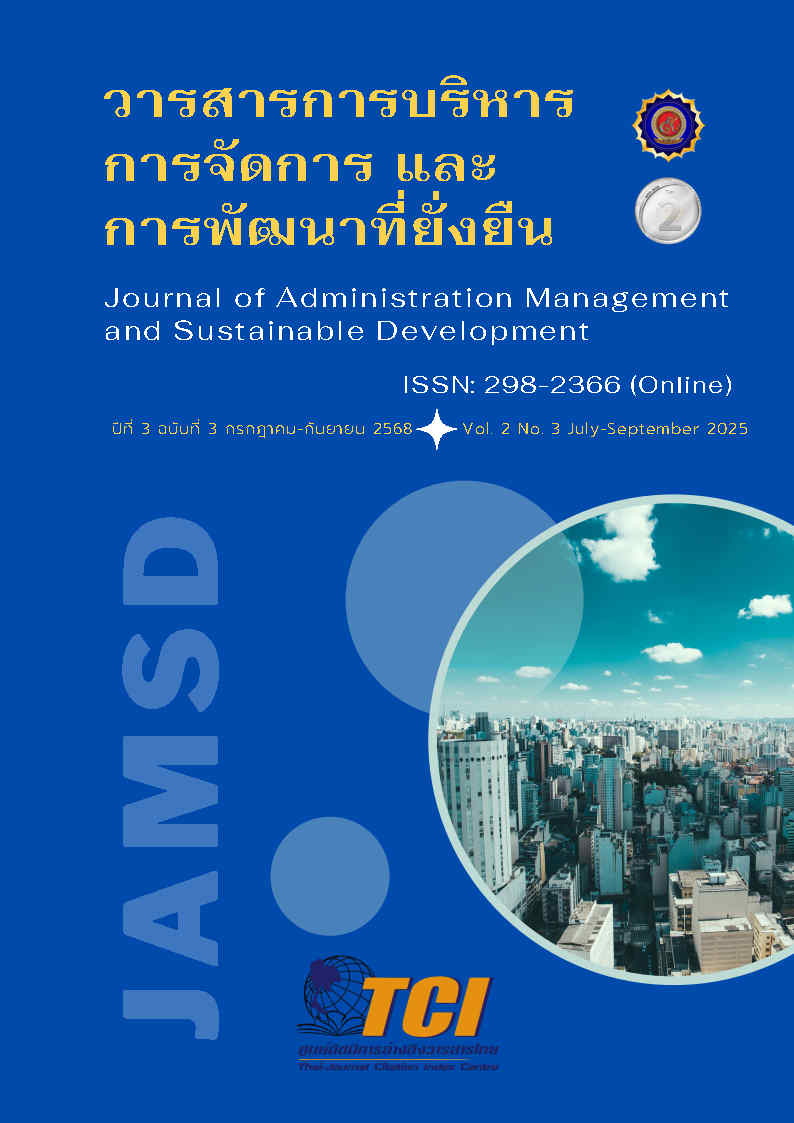Factors affecting personal income tax planning toward the use of tax allowances to support domestic tourism
Keywords:
tax planning, tax deduction rights, secondary city tourism, tax knowledge, tax attitudesAbstract
This research aims to examine the factors influencing personal income tax planning through the utilization of tax deduction measures designed to promote domestic tourism. The population in this study comprises approximately 250,000 individual taxpayers expected to benefit from the tax incentives. The sample includes 419 taxpayers, among whom 175 have used the tax deduction measure. Data were analyzed using inferential statistical methods, including correlation analysis, logistic regression, and multiple regression. The results reveal that gender and general knowledge of personal income tax are negatively associated with the use of the tax deduction measure. Specifically, females are less likely to utilize the benefit compared to males, and individuals with greater general tax knowledge are also less likely to claim the deduction. In contrast, education level and positive taxpayer attitudes are positively associated with the use of the measure-taxpayers with higher education and a more positive attitude toward tax compliance are more likely to use the deduction than those with lower education levels or negative attitudes. Furthermore, among those who used the tax benefit, age, education level, and source of income are positively related to the amount of deduction claimed, whereas monthly income is negatively related. These findings provide valuable insights for designing tax policies that align with taxpayer behavior, particularly in developing effective communication strategies to improve understanding and proper utilization of tax benefits. The results also support relevant agencies in promoting the use of tax incentives to sustainably stimulate domestic tourism in the future.
References
กรมสรรพากร. (2563). คู่มือภาษีเงินได้บุคคลธรรมดา ประจำปีภาษี 2563. สืบค้น 10 สิงหาคม 2567 จาก https://www.rd.go.th/61904.html.
กรมสรรพากร. (2567). คำถาม–คำตอบมาตรการภาษีเพื่อการท่องเที่ยว. สืบค้น 10 สิงหาคม 2567 จาก https://www.rd.go.th/fileadmin/user_upload/lorkhor/newsbanner/2024/6/PR12062567.pdf.
กระทรวงการคลัง. (2567). มาตรการภาษีเพื่อสนับสนุนการท่องเที่ยวภายในประเทศ. สำนักงานเศรษฐกิจการคลัง.
ขนิฐา นิลรัตนานนท์. (2567). ผลกระทบของความรู้ในสิทธิประโยชน์ทางภาษีเงินได้ที่มีต่อประสิทธิภาพการวางแผนภาษีของ ผู้มีหน้าที่เสียภาษีเงินได้บุคคลธรรมดา. วารสารการจัดการและพัฒนา มหาวิทยาลัยราชภัฏอุบลราชธานี, 11(2), 297–311.
ณัฐพัชร์ อภิวัฒน์ไพศาล. (2564). พฤติกรรมทางภาษี ปัญหาการเสียภาษี และการวางแผนภาษีเงินได้บุคคลธรรมดา. วารสารศิลปศาสตร์และวิทยาการจัดการ มหาวิทยาลัยเกษตรศาสตร์, 8(1), 113–130.
ณัฐภัทร มีไพบูลย์สกุล. (2563). ปัจจัยที่มีอิทธิพลต่อทัศนคติด้านความเป็นธรรมในการจัดเก็บภาษี: กรณีศึกษาผู้เสียภาษีเงินได้บุคคลธรรมดาในกรุงเทพมหานคร. การค้นคว้าอิสระเศรษฐศาสตรมหาบัณฑิต สาขาเศรษฐศาสตร์ธุรกิจ มหาวิทยาลัยธรรมศาสตร์.
Hoffman, W. H. Jr. (1961). The theory of tax planning. The Accounting Review, 36(2), 274–281.
Smith, A. (1776). An inquiry into the nature and causes of the wealth of nations. London: W. Strahan and T. Cadell.
Yamane, T. (1973). Statistics: An introductory analysis (3rd ed.). New York: Harper and Row.






